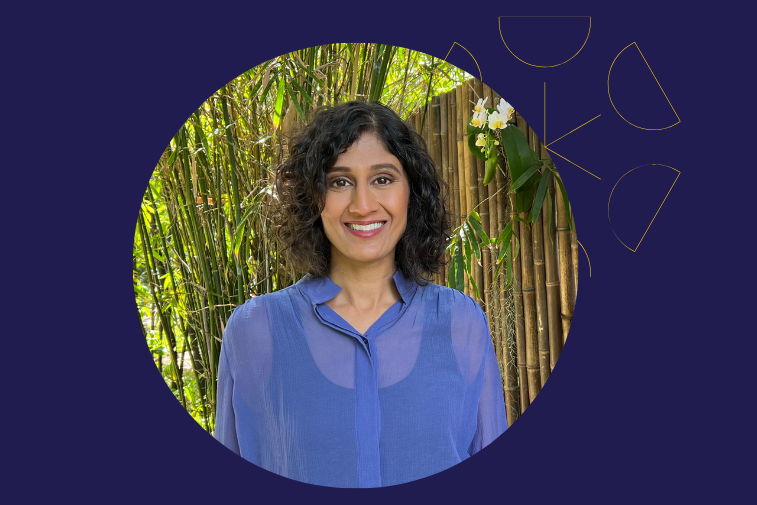A Q&A with Our Chief Clinical Officer, Dr. Nishi Rawat
In honor of National Doctors’ Day, we asked Bamboo Health’s Chief Clinical Officer Nishi Rawat, MD, MBA, a few questions about her role as a doctor and how we can support healthcare providers. After all, offering the right support in the right place is a key ingredient in our company’s vision to revolutionize care collaboration.
How has your role as a physician influenced the work you do today?
My experiences as a critical care physician inspired the first technology solution I helped co-found with my father, OpenBeds. As I treated patients in the ICU, I began to see more and more patients with mental health challenges and substance use disorders. I helped them recover from the overdose medically, but because of silos between physical and behavioral health, I lacked the ability to refer them to appropriate treatment programs and providers to help them resolve the underlying issue that led to my care in the first place. I felt I could better serve patients by developing OpenBeds, a provider-led technology that helps break down the barriers.
That work has only expanded now that OpenBeds is part of Bamboo Health, where we are revolutionizing care collaboration and looking for ways which technology can better support the work of physicians and many other healthcare clinicians to deliver whole person care to patients.
The COVID-19 pandemic has taken a toll on the healthcare workforce. In addition, fatal drug overdoses have reached historic highs. The combination has heightened burnout within the profession. What are ways we can support doctors and other healthcare providers?
Over the past 2+ years, we’ve all faced challenges in regard to loneliness, isolation, and lack of connection. While physicians, nurses, and healthcare providers and staff still showed up every day for the jobs—often on the front lines of seeing the devastation of COVID-19 and drug overdoses in their community—those same feelings were still present, coupled with grief and even frustration. I believe the best way we can support each other is to engage, reach out, and listen.
Physicians have reported that bureaucratic tasks contribute to burnout. What ways can technology help alleviate this burden?
Healthcare data is often siloed in different systems—electronic health records, health plans, health systems, with providers, with states, etc.—which makes it easy to miss vital information about patients. Technology can help to close those gaps in care by both building bridges to bring data together and by helping surface salient data for the clinician, so it is not overwhelming and is more usable. The solutions we already have and are building at Bamboo Health strive to close those gaps, increase physician satisfaction, and improve whole person care.
What’s one of the next big things in healthcare, something that will be felt by patients and providers alike?
I could go in a few different directions here, but I think collaboration tops the list. We’re in an era, like we discussed, where not only data is coming together, but also the people behind the data. More than ever, patients are in tune to their care, providers are aware of the pandemic’s lasting effect, and payers are aiming for the most cost-effective, proven care. This requires a higher level of collaboration, communication, and information sharing in one convenient place. And it’s a positive sign for the sake of whole person care.
